Science
Curriculum Intent Statement
Children are naturally curious about the world around them, their desire to ask questions and explore is a key part of our science learning at Loseley Fields. Our children are able to enjoy hands-on, practical science in our wonderful, purpose built, Field Study Centre. The Field Study Centre@ Loseley is home to a bespoke science room and outdoor learning space filled with a wide range of science equipment and technology. We are also lucky to have a dedicated Eco-Education Assistant, who provides specific support to our science lessons; setting up equipment and ensuring that every lesson inspires our young scientists of the future. The Field Study Centre is used by all children at Loseley Fields and is a real hub for science learning within the school.
Exploration is a vital part of learning and the teaching and learning of science is done through the use of first-hand practical experiences whenever possible. The children are encouraged to be curious and ask questions about what they observe, using subject-specific vocabulary, which is taught and built upon throughout each topic. They are helped to develop their understanding of scientific ideas by using different types of enquiry to answer their questions. These different types of scientific enquiry and the development of enquiry skills are embedded in each topic the children study and these are revisited and developed throughout their time at school. Children are encouraged to identify which of the five types of enquiry they are using in their work.
Assessment in science
At the start of each unit we provide ‘knowledge checkers’ for the children to keep in their books, which show the learning journey through the topic, lesson by lesson.
Assessment for learning is threaded through all our science teaching using our feedback policy. We use strategies such as Think, Pair, Share and Cold Calling to assess understanding; flexible groupings within the lesson to target children who may have difficulty understanding a particular concept or event; retrieval questions at the start of each lesson linking back to previous learning to name but a few.
At the end of each unit, we do an assessment task to assess how well they have understood the knowledge taught within the lessons. The teachers then use this information to adjust future planning if necessary to ensure greater understanding. This data is then collected to allow tracking of the children across topics to ensure progression and to look for patterns where children are either more or less successful to allow for adaptations of lessons or the curriculum, as required.
science beyond the classroom
Enjoyment of science is further enhanced through our commitment to outdoor education, a central focus of both our school and curriculum. The outdoor classroom provides opportunities for active, hands-on exploration, enabling students to investigate real-world scenarios and develop a deeper understanding of scientific concepts. Beyond the joy of learning in nature, research consistently shows that outdoor lessons boost engagement, improve knowledge retention, and enhance academic attainment. Our innovative Flourish Programme incorporates Eco Therapy, where children work alongside a specialist ecotherapy teacher to cultivate a growth mindset. Through planting, nurturing, and growing plants within the school grounds, students develop resilience, patience, and a connection to the natural world.
Our children also experience science beyond the classroom through engaging trips and collaborative activities with other schools. Visits to science museums, wildlife reserves, and planetariums allow them to witness scientific concepts in action, sparking curiosity and reinforcing their classroom learning. Additionally, partnerships with other schools often facilitate shared projects, such as garden programs or STEM challenges, fostering teamwork and exposing students to diverse perspectives. These experiences make science tangible, inspiring a lifelong interest in exploration and discovery.


